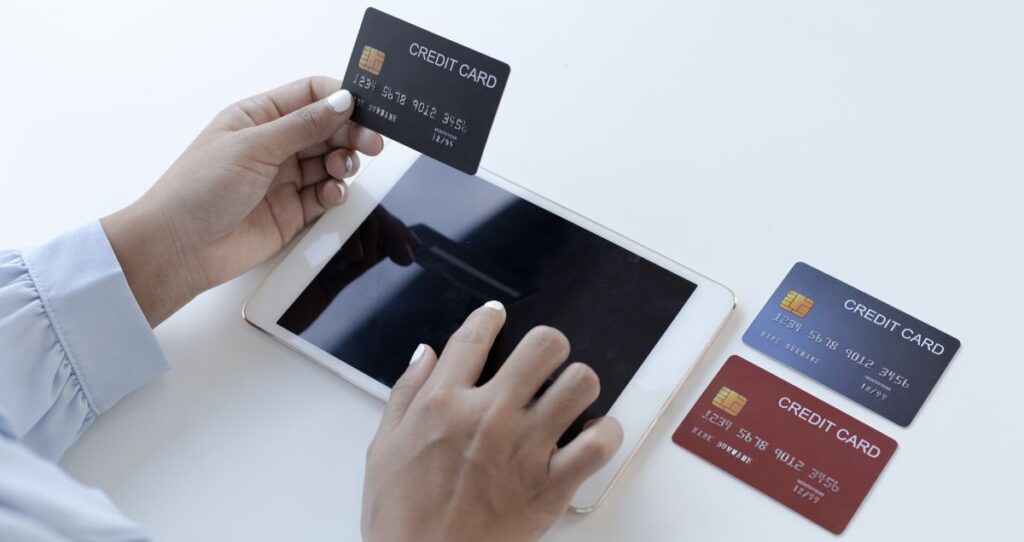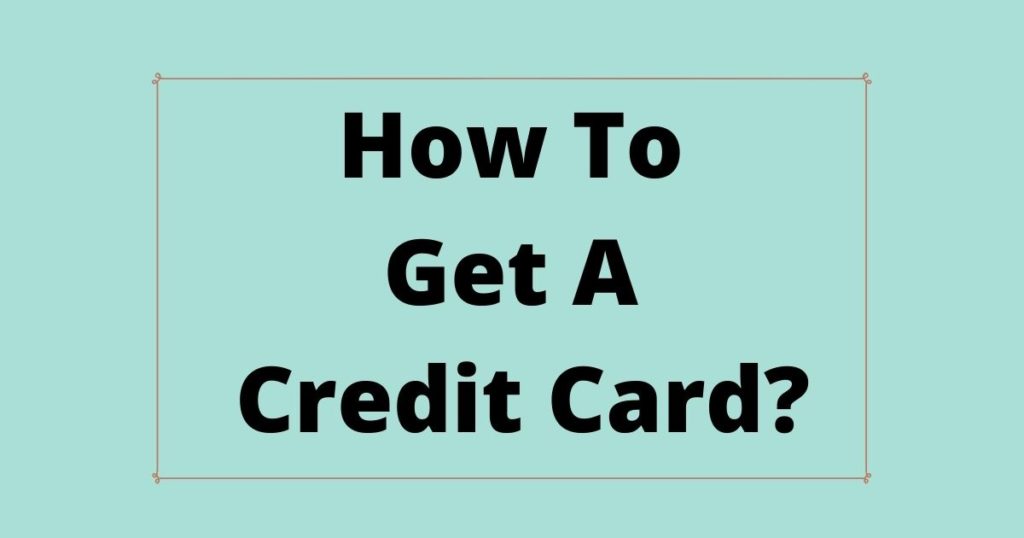The credit card grace period let you make purchases without paying interest, fees, or charges on your balance. This period also allows you to enjoy the benefits that come with your cards such as rewards, discounts, and building credit free of charge. Your credit card grace period is the time between the end of your billing cycle and your payment due date, according to the Consumer Financial Protection Bureau (CFPB). During this period, you may not pay interest on the purchases you made. Most credit card issuers offer credit card grace periods to credit card holders. To use your credit card grace period to your advantage, pay your balances in full and on time each month.
Once your grace period is over without paying your bills, you will pay interest on the portion of the balance you carried to the next billing cycle. Why should you worry about credit card interest? Because credit cards come with one of the highest annual percentage rates (APR) in the lending industry. According to WalletHub, for 2022, the average credit card APR is 21.34% and 16.27% for new accounts and existing accounts respectively. Compared to the APR you pay on mortgages, car loans, and student loans, credit card APRs are not worth it. That is why you should avoid carrying a credit card balance to the next payment period.
Keep in mind that not every transaction will qualify for a grace period. There are transactions where the interest and fees get applied to your balance right away even if you are in a credit card grace period. Common transactions without grace periods include balance Transfers and cash advances.
This article will show you how to take advantage of your credit card grace period and avoid interest on your balance.
Benefits of credit card grace period
In order to use the credit card grace period to your advantage, pay off your balances in full and on time every month. This way, you will never have to worry about paying interest, getting into credit card debts, or wrecking your credit. This is because carrying a credit card balance leads to paying interest on the portion of your balance you did not pay. In addition, the balance you carried gets reported to three major credit reporting bureaus(Equifax, TransUnion, Experian). Once the balance is reflected on your credit reports, it might affect your credit score.
By using your credit card grace period to your advantage, you will get to enjoy the following benefits.
- Building credits by using cards and paying your bills on time
- Earn rewards(cash backs, miles, and points) and other forms of discounts
- Pay off your balance before the interest is applied
- The grace period lets you put your expenses on the card while raising money to pay your bills
Your lender is not required to give you a grace period. However, most credit card companies give you a grace period. With proper planning, you can safely take advantage of the credit card grace period. To do so, you need to know the due date and statement date of each credit card. Then, pay your balances in full before the due date.
The following are tips to use your credit card grace period to your advantage.
1. Know the length of your credit card grace period
Generally, the credit card grace period is around 21 days. The grace period starts at the end of your monthly statement closing date and ends on the payment due date. For example, if the due date of your payment is on the 2nd and your statement closing date is on the 6th, the grace period will be between the 7th and the 2nd. This grace period will be around 21 days.
Not every credit card transaction qualifies for a grace period. But, most day-to-day activities qualify for this period. For example, if you use your credit card to buy groceries, gas, airfare, pay some bills, etc, these transactions will qualify for a grace period. But, it is unlikely that your balance transfer will qualify for a grace period.
2. Know transactions that qualify for a grace period
As a credit card holder, you need to be aware of types of credit card transactions that do not qualify for a grace period. The lack of a grace period means that you start paying interest and fees on the date a transaction occurred. There are two common transactions that normally do not qualify for a credit card grace period which are balance transfers and cash advances.
- The balance transfer is a process where you transfer your balance from one credit card account to another one. This helps you get another credit card that usually has a lower interest rate and/or better terms. Most credit card issuers charge you interest, fees, and charges on the balance you transferred from the day of the transaction.
- A cash advance is a fancy term for withdrawing money from your credit card. Cash advance means that you are turning some of your credit line extended to you into cash. Think of going to a grocery store and getting $50 cashback after paying with a credit card. You can also do this at an ATM. Just like a balance transfer, a cash advance comes with its own APR and the interest starts accruing the date you withdrew cash from your credit card. The exception may apply only to 0% APR credit cards. Even if you are in a grace period, your interest will still accrue unless you pay it off as soon as possible.
3. Don’t fall for rewards
Credit card companies are geniuses. They know that in order to make money off you, you must spend. But, without incentives to spend, most people would see credit cards the same way as using cash. That is why you have rewards, discounts, bonuses, points, miles, etc. All these incentives encourage you to spend. The credit card issuers then hope that you will carry some of the balance from month to month. Why? Because they encourage you to pay a small portion of your balance and allow you to carry the remaining portion to the next billing cycle. If they wanted you to pay it off, they would not ask you to pay a minimum payment of $30, for example, when you owe them $700.
Why would a lender hope that you become unable to pay your balance in full? Because they apply interest on the balance you carry. That is how they make money. Matter of fact, if everyone pays their balances on time and in full every month, credit card companies would lose most of their revenues. Unless of course, they are like banks that offer other banking and investing services.
In order to use your credit card grace period to your advantage do not spend more than you are supposed to for the sake of rewards. Rewards mean nothing if you are getting into credit card debt from buying things you don’t need. Your financial stability is the most important thing you should work on and that starts with watching your expenses and living below your means.
4. Understand the terms of your intro 0% APR credit cards
Some promotional credit cards have different intro 0% APR promotions. These intro 0% APR cards might allow you to pay no interest on the balance transfers and/or cash advances. It is also possible that your credit card allows 0%APR only on normal purchases. You need to be aware of these terms and know exactly the transactions where the 0% APR applies. Otherwise, you will end up paying interest and charges that could have been avoided.
5. To take advantage of the credit card grace period, do not carry a balance on your credit card
Carrying a balance from one month to another leads to paying interest on the balance you carried no matter how small. Usually, credit card issuers allow you to pay a minimum monthly payment and let you carry the rest. Do not fall for this trick.
The APR applies to the balance you carried from previous payment cycles and the unpaid balance from purchases you made during that payment period. That is why you need to pay your balances in full even if the card issuer allows you to make a minimum payment.
6. Do not make large purchases with your credit card
A big mistake many people make is to make large purchases with their credit cards during their grace periods. Large purchases result in higher credit card balances which increase your credit utilization and lower your credit score. The risks of carrying a credit card balance are also higher when you have spent much of your credit limit.
Unless you have the cash to pay off that balance by the due date, do not make expense purchases using credit cards. Financing expensive purchases also means that you are trying to live above your means. Spending more than you can afford to pay off leads to credit card debts and financial stress.
For these reasons, making small purchases is the best way to use your credit card grace period. Small purchases are easy to pay off which lowers the risk of carrying a balance to the next payment period.
7. Do not apply for many credit cards
Applying for many credit cards leads to hard inquiries on your credit reports which lower your credit score. Every time you get a hard inquiry on your credit reports, your credit score goes lower by 5-10 points.
To protect your account, do not apply for many credit cards. Having fewer credit cards lowers the chances of accumulating credit card debts due to limited credit limits. Always remember that the more credit cards you have, the more spending temptations you get. Spending more leads to higher credit card balances and hard-to-pay-off credit card debts.








